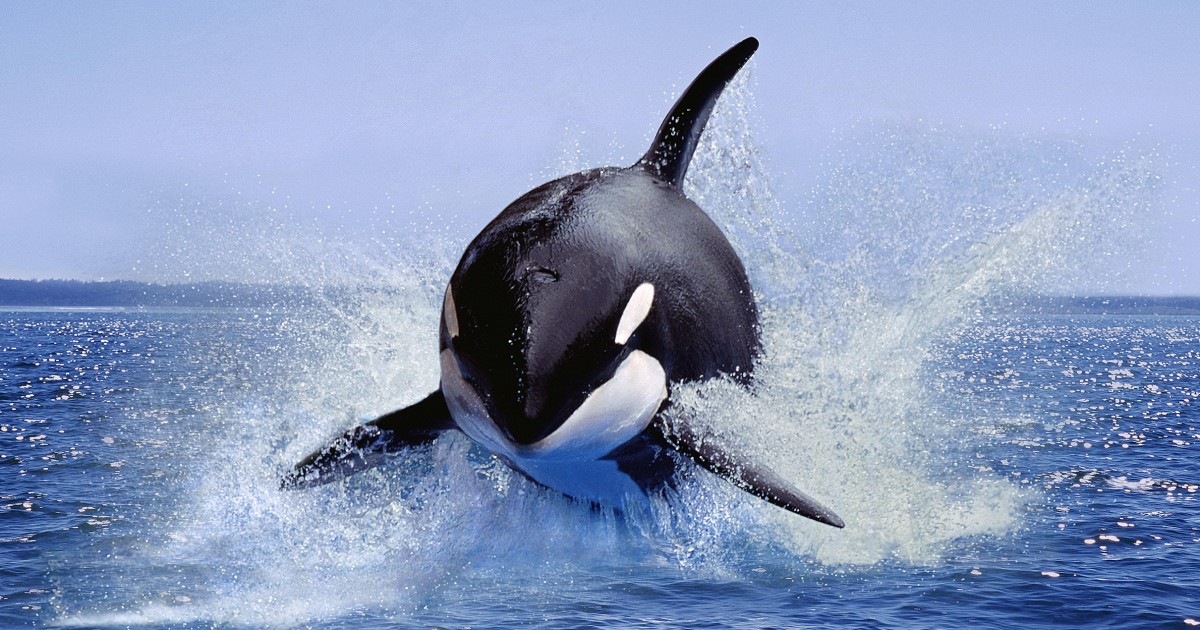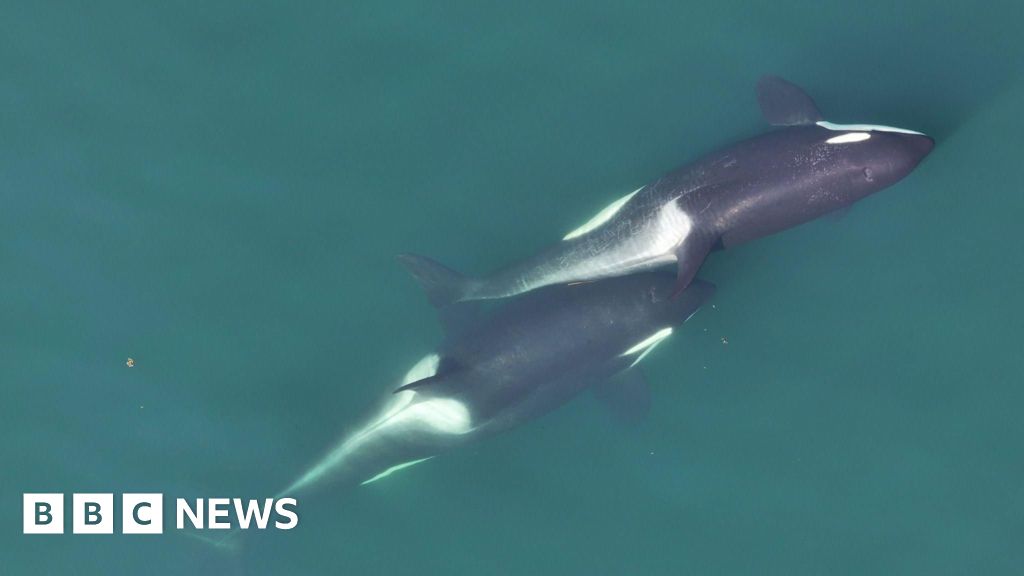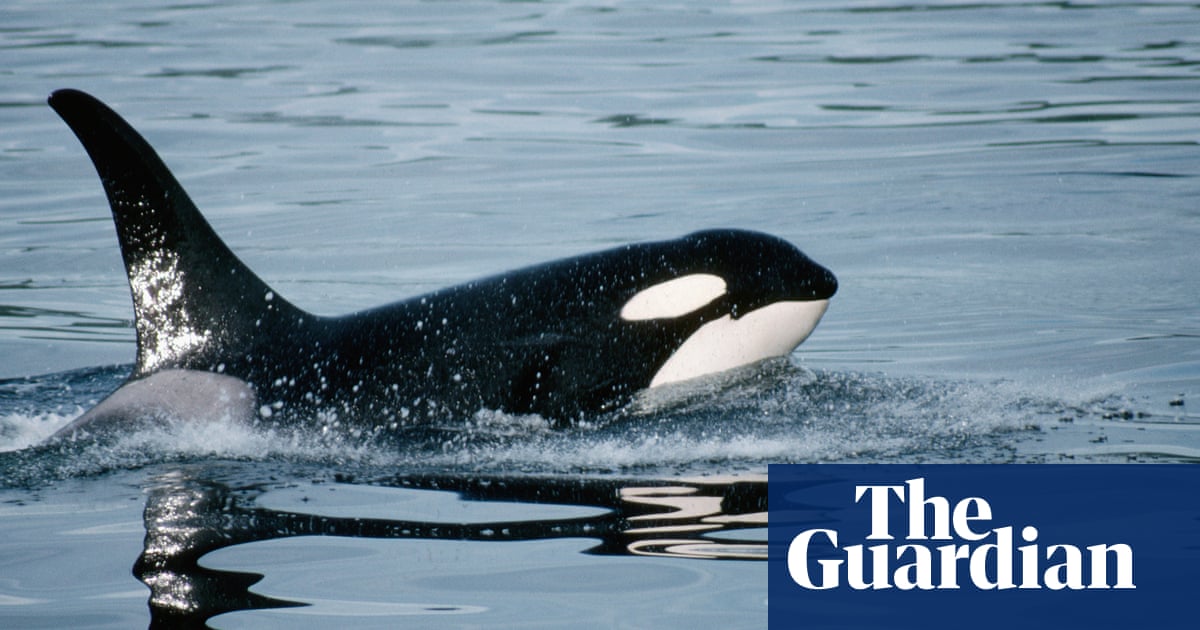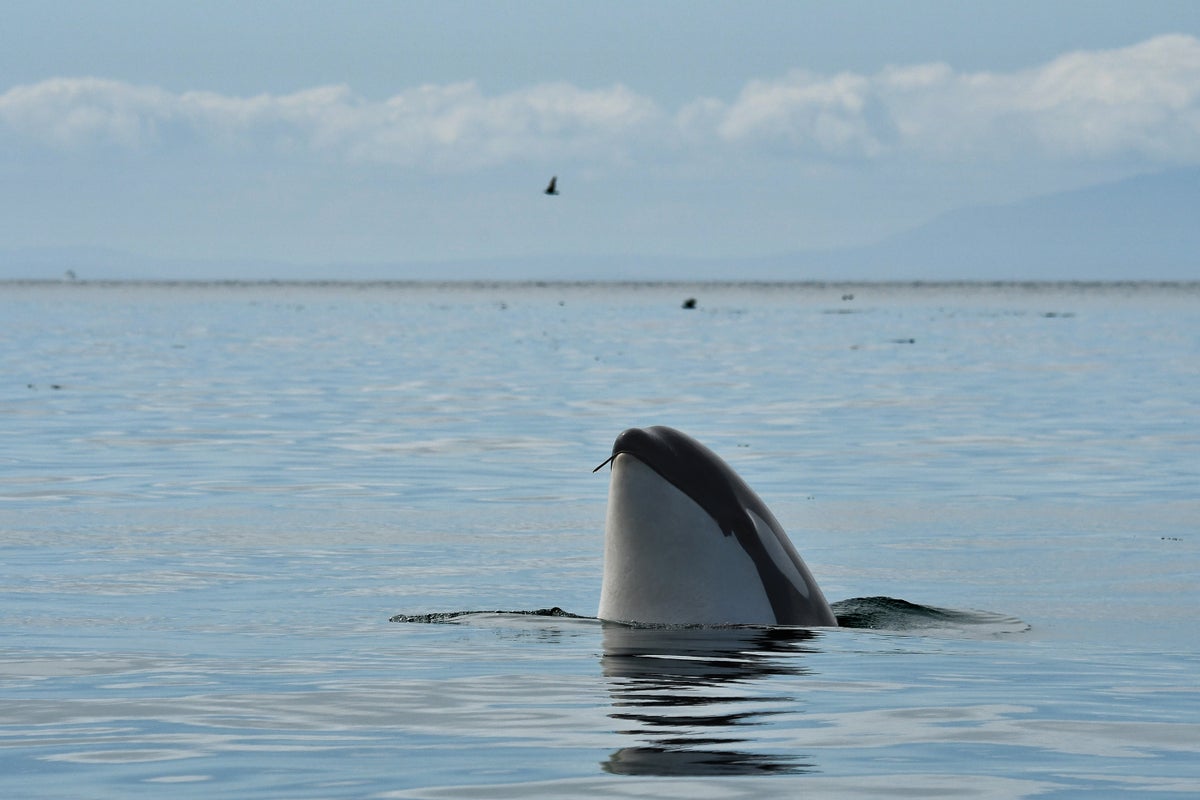Killer Whales Discovered Using Kelp for Social Massages
Researchers found that killer whales engage in 'allokelping', using kelp to massage each other, suggesting advanced social behaviors and potential tool use.
Subscribe to unlock this story
We really don't like cutting you off, but you've reached your monthly limit. At just $5/month, subscriptions are how we keep this project going. Start your free 7-day trial today!
Get StartedHave an account? Sign in
Overview
- Researchers have identified a new behavior in killer whales called 'allokelping'.
- This behavior involves using kelp for social massages among the whales.
- The discovery suggests that killer whales may have the ability to make and use tools.
- The research indicates that this behavior may have been occurring for some time.
- The findings contribute to our understanding of whale social interactions and intelligence.
Report issue

Read both sides in 5 minutes each day
Analysis
Center-leaning sources frame the behavior of killer whales as a significant discovery, emphasizing the researchers' insights and suggesting a long-standing, previously unrecognized aspect of orca behavior. Their perspectives reflect a blend of curiosity and respect for animal intelligence, while subtly highlighting the novelty of the findings within scientific discourse.
Articles (4)
Center (2)
FAQ
Allokelping is a behavior where killer whales detach lengths of kelp and use them to massage each other, pressing and rolling the kelp between their bodies in a social grooming ritual.
The behavior represents the first evidence of tool manufacture and use by a marine mammal, specifically a wild animal using a tool that benefits two individuals simultaneously, and the first time such manipulation is done using the body's core rather than appendages.
Researchers suggest that allokelping may strengthen social bonds and promote skin health by helping to remove dead, flaky skin or alleviating discomfort from skin molting.
Allokelping has been observed in the southern resident population of killer whales in the Salish Sea, with whales of all ages partaking; it may be more common among whales who are closely related or similar in age.
The southern resident killer whale population is critically endangered with fewer than 80 individuals remaining, and bull kelp, which the whales use for allokelping, is declining in their critical habitat, threatening the preservation of this unique behavior and culture.
History
- This story does not have any previous versions.



